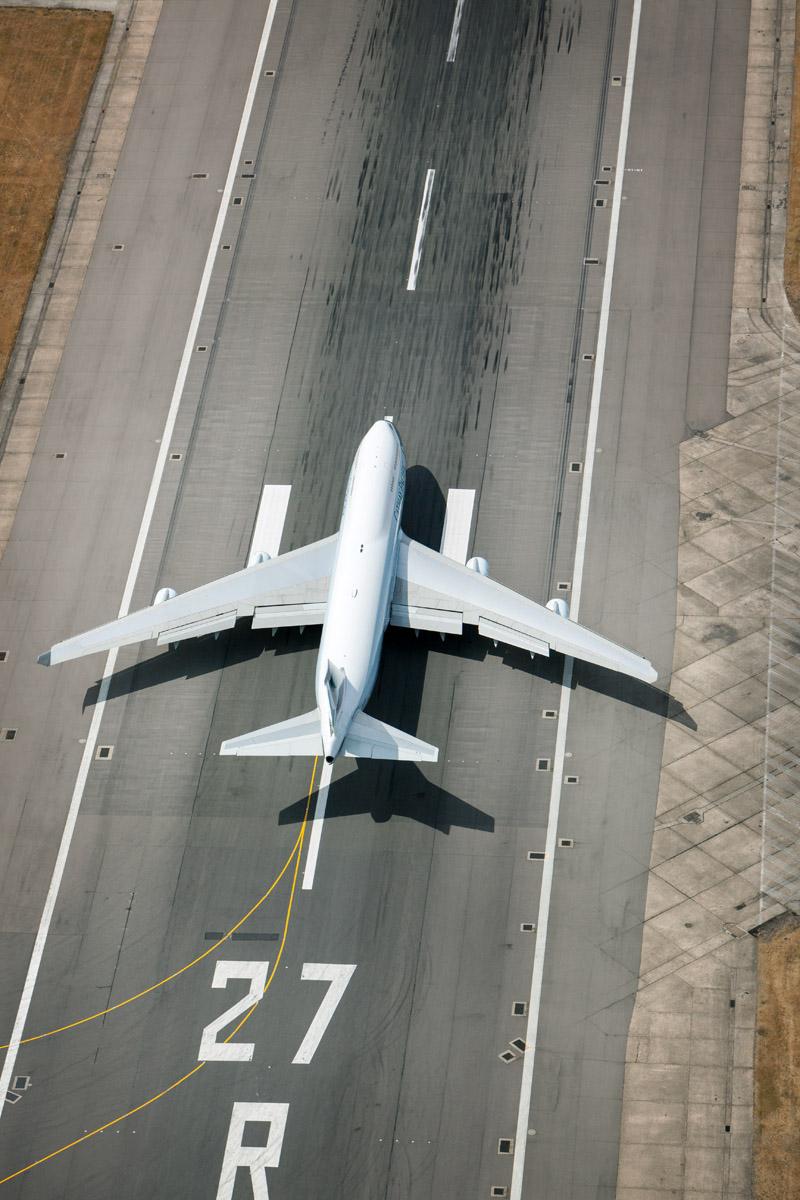
Heathrow’s Sustainable Aviation Fuel Incentive Scheme Triples Use in 2023, Making Airport a Major User of Greener Jet Fuel
- Increasing number of flights at Heathrow to be powered by sustainable aviation fuel (SAF) helping cut carbon emissions
- Team Heathrow on track to be one of world’s largest SAF users in push to get to at least 10% usage by 2030
- £38m fund incentivising airlines to make the switch and power their aircraft in part by SAF
- High cost and low production volumes remain key challenges for SAF – policymakers can provide more certainty and unlock private investment and drive down the cost curve
London, UK, 2023-Feb-22 — /Travel PR News/ — Greener, cleaner jet fuel has become a hot commodity at Heathrow as the airport embarks on the second year of its Sustainable Aviation Fuel incentive scheme. In 2022 Heathrow launched a world first – an airport SAF incentive programme which aimed to cover up to 50% of the extra cost, making the fuel more affordable for airlines to use. With last year’s scheme oversubscribed, Heathrow is now aiming to triple the percentage used in 2023 to approximately 1.5%, putting the airport on course to be one the world’s largest users of SAF this year. Participants of the scheme include IAG, Virgin Atlantic, United Airlines, Air France, KLM and JetBlue.
SAF is a proven technology that reduces carbon emissions by up to 70% compared with traditional jet fuel. It can be made from a variety of sources, including waste, animal fat and cooking oil. SAF can work in existing aircraft without the need for technical modifications, and with advancements in aircraft technology like electric or hydrogen-powered flight still some way from commercial implementation, SAF is the key to unlocking material reductions in carbon today.
As a global SAF leader, Heathrow is committed to progressively increasing the SAF used each year, with the airport targeting 11% SAF usage by 2030. This year alone the SAF incentive is expected to save over 81,000 tonnes of CO2 and with a proven track record of success, Heathrow’s incentive scheme can now serve as blueprint for other airports to follow suit and introduce SAF into their own operations.
Heathrow’s innovative SAF programme marks the next step in the airport and the UK aviation sector’s plan for net zero flying, but the airport recognises that the sector could move more quickly and cut carbon faster if Government injected pace into the expansion of SAF with supportive policy making. High costs and low production volumes mean it remains in short supply with few able to access it at commercially viable rates.
The appetite to invest is there, but investors want certainty in the longer-term use of this technology before pouring in their capital. The US have acted directly to shore up SAF’s economic and Net Zero impact: the Inflation Reduction Act – which includes a tax credit scheme designed to lure SAF investors to America – is leaving the UK at risk of missing out on the multi-billion-pound industry. Government must act now to support a SAF industry for the UK, which learns from but does not seek to replicate the US system. This can be achieved by introducing a “contracts for difference” price support mechanism –which would help to cut the price premium between SAF and fossil fuel and was successfully used to boost technologies in the UK like solar and wind.
Government must also act swiftly by committing into legislation a 10% mandate for SAF use by 2030 this year, before the impetus and the value is lost. Delay could mean that the UK SAF industry suffers and cannot keep up internationally. By delivering both, the UK will see an immediate and tangible impact – with investment, jobs and skills seen right across the UK.
Heathrow CEO John Holland-Kaye said: “Sustainable aviation fuel is not just about protecting the benefits of aviation in a net zero world – it’s about economic opportunity, creating jobs here in the UK and securing the country’s future energy supplies. Heathrow has led the way on decarbonising aviation by incentivising airlines to use SAF, and Team Heathrow is now probably the biggest user of SAF in the world. But it is currently all imported. If Britain really wants to compete with the scale of ambition and the credible action seen from the US and Europe, supportive Government policy is needed and it is needed now.”
Contact:
Press Office
0208 745 7224
Source: Heathrow Airport
###
